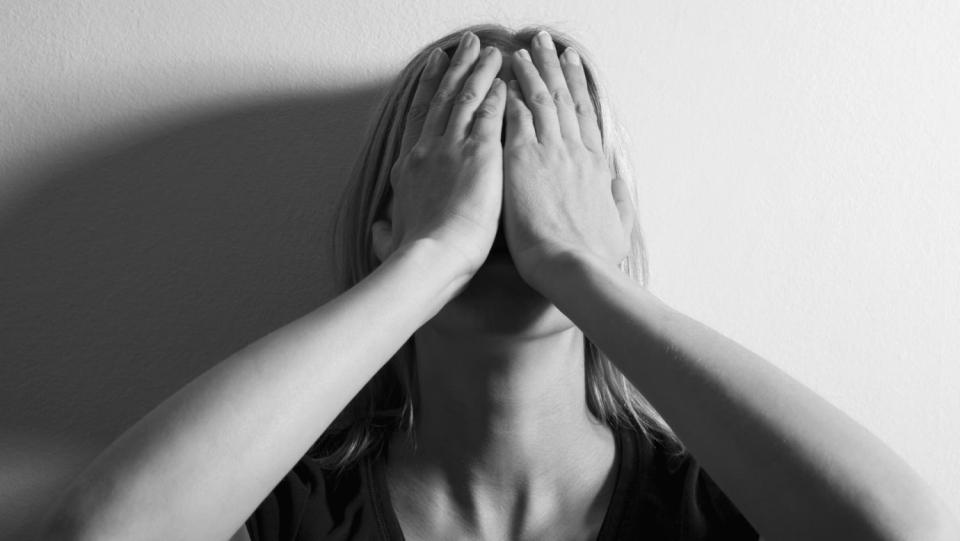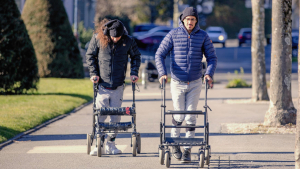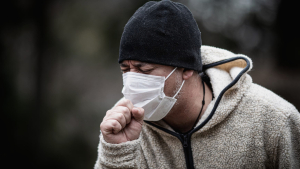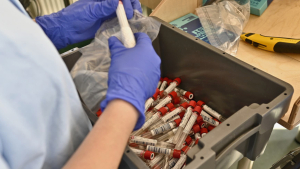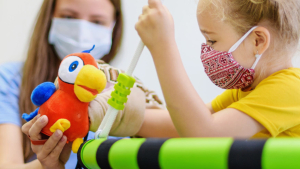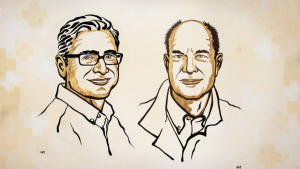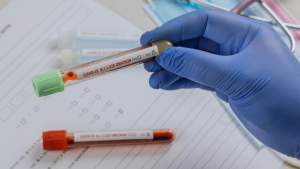Many people start psychotherapy because they feel exhausted and exhausted. Burnout has so far not been a recognized medical diagnosis - the special features and mechanisms of this syndrome are still being researched intensively. Scientists from the Universities of Zurich and Bern have now described four different subtypes of the disorder.
The team led by psychologist Gianandrea Pallich examined 96 patients who could no longer cope with their everyday life due to occupational exhaustion. They were treated in a Swiss clinic, which has its own burnout ward. Their symptoms were recorded by questionnaire and in conversations with psychologists at the beginning and at the end of the stay. Three months after the discharge, the subjects were examined again. Using a statistical method, the researchers then divided the subjects into four groups, each of which is similar in a number of characteristics: the functional patients were the least stressed overall and stayed in the clinic rather briefly. They complained only about minor problems in the interpersonal sphere and often tried to actively change stressful circumstances in everyday life. The dysfunctional group was different: of all those treated, these participants had the strongest symptoms of depression and suffered the most from the feeling of not achieving personal goals. They usually tried to reinterpret stressful situations, or they avoided dealing with them.
The third and fourth group were in midfield as far as the severity of their stress was concerned. For this, both strikingly often compulsive personality traits were found. The straightforward pragmatists baptized by the scientists had high emotional competence and used different coping strategies to survive exhausting situations. The unfortunate altruists had more interpersonal problems and had rather low social support.
According to the researchers, these four groups have different therapeutic needs. The dysfunctionally affected and the unfortunate altruists, for example, could benefit most from self -assertion training, from activating your social network or training a task -oriented coping style that actively affects and does not avoid problems. For some patients, it is also necessary to better plan care after inpatient therapy. The dysfunctional group in post -control already showed an increased level of exhaustion.







